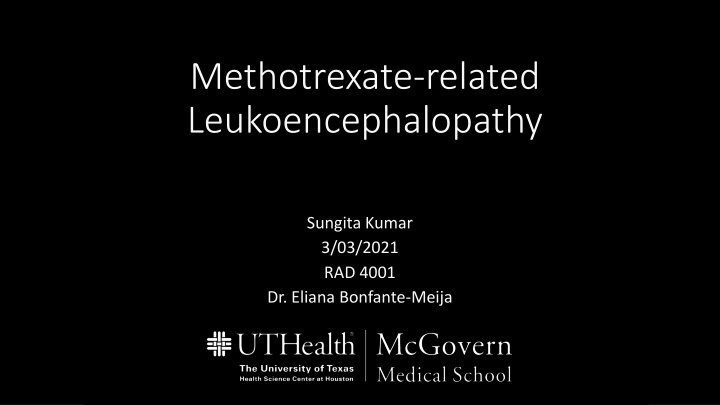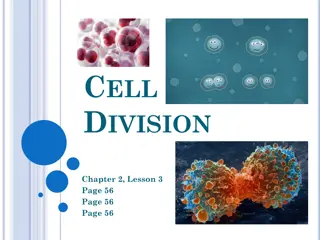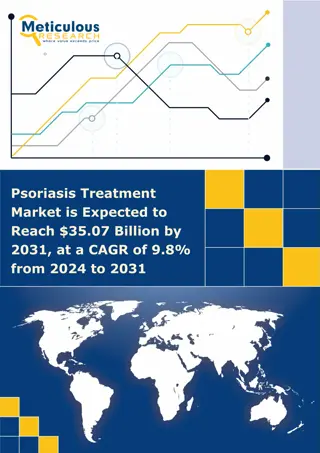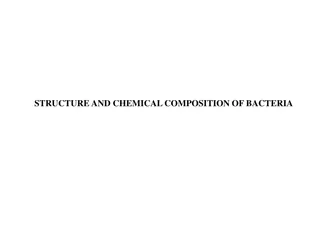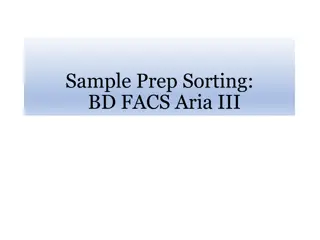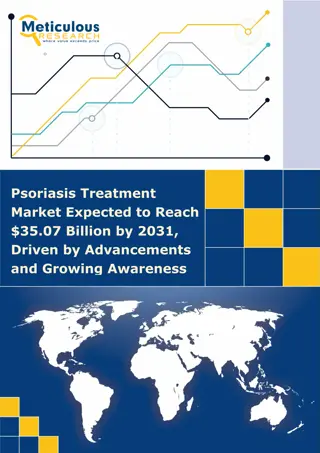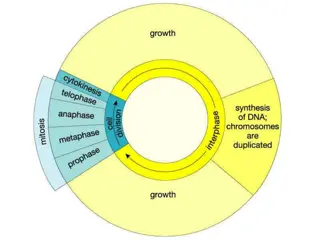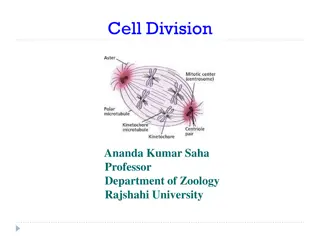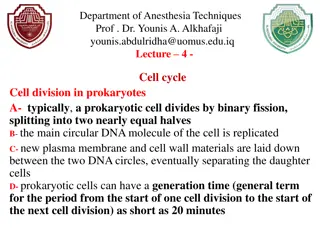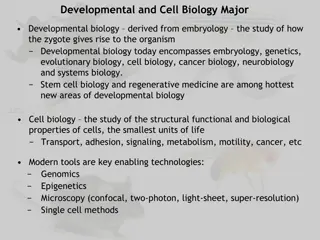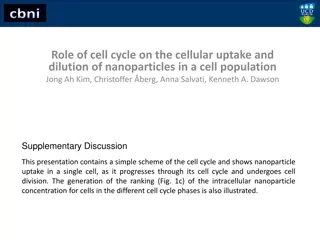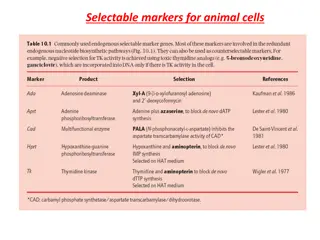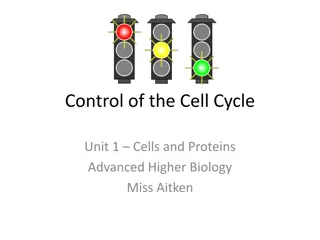Methotrexate-Related Leukoencephalopathy in a Teenager with T-cell ALL
A 16-year-old female with T-cell ALL presented with acute right-sided weakness and slurred speech. Differential diagnoses included stroke, asparaginase toxicity, viral infections, and methotrexate neurotoxicity. Imaging revealed an area of restricted diffusion in the centrum semiovale, characteristic of methotrexate-related leukoencephalopathy. Visit the link for more information on this condition.
Download Presentation

Please find below an Image/Link to download the presentation.
The content on the website is provided AS IS for your information and personal use only. It may not be sold, licensed, or shared on other websites without obtaining consent from the author.If you encounter any issues during the download, it is possible that the publisher has removed the file from their server.
You are allowed to download the files provided on this website for personal or commercial use, subject to the condition that they are used lawfully. All files are the property of their respective owners.
The content on the website is provided AS IS for your information and personal use only. It may not be sold, licensed, or shared on other websites without obtaining consent from the author.
E N D
Presentation Transcript
Methotrexate-related Leukoencephalopathy Sungita Kumar 3/03/2021 RAD 4001 Dr. Eliana Bonfante-Meija
Clinical History The patient is a 16-year-old female with T cell ALL who presented with acute-onset right-sided weakness and slurred speech 2/17: the patient s mother came to wake her up in the morning and found her unable to move her right side Taken to MDA where MRI/MRA brain was taken due to concern for stroke Overnight, the patient s strength improved 2/18: the patient s symptoms acutely worsen in the morning and she is transferred to MHH Receives asparaginase, nelarabine, and intrathecal methotrexate (last injection 9 days ago)
Clinical History cont. Vitals on admission: Temp 98 F, HR 89, RR 15, BP 115/78, SpO2 99% Physical Exam Awake and alert Right facial droop, RUE strength 0/5, RLE strength 1/5 Dysarthric Labs: Methotrexate < 0.4 (low) Hgb 9.1, WBC 0.1, Plt 60 Prior Imaging MRI and MRA were done at MDA, but imaging had a lot of artifacts due to braces CTV head showed no venous thrombosis
Differential Diagnosis Stroke 2/2 to: Asparaginase toxicity (pro-thrombotic state) PFO Viral infection varicella, parvovirus 19, influenza A, or coxsackie Bacterial meningitis, TB meningitis, or viral encephalitis (can cause local vasculitis and thrombosis) AVM Intracranial hemorrhage 2/2 thrombocytopenia Methotrexate neurotoxicity Nelarabine neurotoxicity
CT Brain without contrast 2/18/2021 No hemorrhage or acute ischemic change visible CTA head and neck showed no areas of occlusion or stenosis
MRI Brain 2/18/2021 Area of restricted diffusion in the centrum semiovale of the left frontal lobe measuring 2.5cm in diameter ADC DWI
MRI Brain 2/18/2021 T1 FLAIR
Centrum Semiovale The centrum semiovale is a mass of white matter located superior to the lateral ventricles and corpus callosum This is the classic location to see restricted diffusion on MRI in methotrexate-related leukoencephalopathy https://radiopaedia.org/articles/methotrexate-related-leukoencephalopathy?lang=us https://www.myelinationmriatlas.com/3-months.html
Summary and Key Findings 16-year-old female with T-cell ALL presented with waxing and waning stroke-like symptoms (hemiparesis and dysarthria) 9 days after receiving intrathecal Methotrexate Methotrexate level was low CT head, CTA head and neck, and CTV negative MRI of the brain showed an area of restricted diffusion in the centrum semiovale (high signal on DWI and low signal on ADC) T1 and FLAIR sequences showed no abnormalities
Differential Diagnosis Methotrexate-related leukoencephalopathy Stroke Infarct typically includes the cortex Viral encephalitis Typically presents with fever, headache, photophobia Neoplasm Symptom onset is usually gradual
Discussion: Methotrexate-related leukoencephalopathy Methotrexate is an antifolate antimetabolite (inhibits dihydrofolate reductase) that is used in the treatment of certain cancers Neurotoxicity most often occurs in pediatric patients who are being treated for ALL Increased risk with higher doses and intrathecal administration The mechanism is unclear, but it is possible that methotrexate increases the release of adenosine, which can dilate cerebral vessels, alter neuronal function, and cause transient cytotoxic edema
Discussion: Methotrexate-related leukoencephalopathy Manifests 2-14 days after administration Headache, confusion, disorientation, lethargy, seizures, or focal neurological deficits Unlike other encephalopathies, symptoms can wax and wane Acute toxicity is transient, while chronic toxicity can result in permanent deficits Also associated with myelosuppression, mucositis, lung disease, nephrotoxicity, and hepatotoxicity
Discussion: Methotrexate-related leukoencephalopathy Radiographic findings: CT: low attenuation in the white matter of both cerebral hemispheres (non- specific) MRI T2 and FLAIR: transient diffuse high signal in the centrum semiovale, initially sparing subcortical U-fibers can be unilateral, bilateral, or alternate between both over the course of the disease MRI DWI and ADC: restricted diffusion across multiple vascular territories in the centrum semiovale
Discussion: Methotrexate-related leukoencephalopathy Treatment There is currently no standard treatment Case reports suggest that aminophylline (non-selective adenosine receptor antagonist) may be beneficial Dextromethorphan showed benefit in a retrospective study of 18 patients Patient received dextromethorphan on 2/18 and the right-sided weakness improved She was discharged the next day back to MDA
Final Diagnosis DWI ADC Methotrexate-related leukoencephalopathy MRI shows restricted diffusion across multiple vascular territories in the centrum semiovale https://radiopaedia.org/articles/methotrexate-related-leukoencephalopathy?lang=us
Cost of Imaging Average cost of: CT brain: $1,200 CTA head: $6,200 MRI brain: $2,625 TOTAL: $10,025 https://www.newchoicehealth.com/procedures
Take Home Points In patients who present with acute neurological deficits and history of receiving methotrexate, consider methotrexate-related leukoencephalopathy Look for restricted diffusion in the centrum semiovale on MRI Treat the patient with dextromethorphan or aminophylline
References https://radiopaedia.org/articles/methotrexate-related-leukoencephalopathy?lang=us https://radiopaedia.org/articles/centrum-semiovale-1?lang=us https://www.annalsofoncology.org/article/S0923-7534(19)41115-0/fulltext https://www.uptodate.com/contents/therapeutic-use-and-toxicity-of-high-dose- methotrexate#H6 https://www.uptodate.com/contents/overview-of-neurologic-complications-of- conventional-non-platinum-cancer- chemotherapy?sectionName=METHOTREXATE&topicRef=1155&anchor=H2&source=see _link#H7 https://www.acr.org/Clinical-Resources/ACR-Appropriateness-Criteria https://www.newchoicehealth.com/procedures https://www.ncbi.nlm.nih.gov/books/NBK556114/
